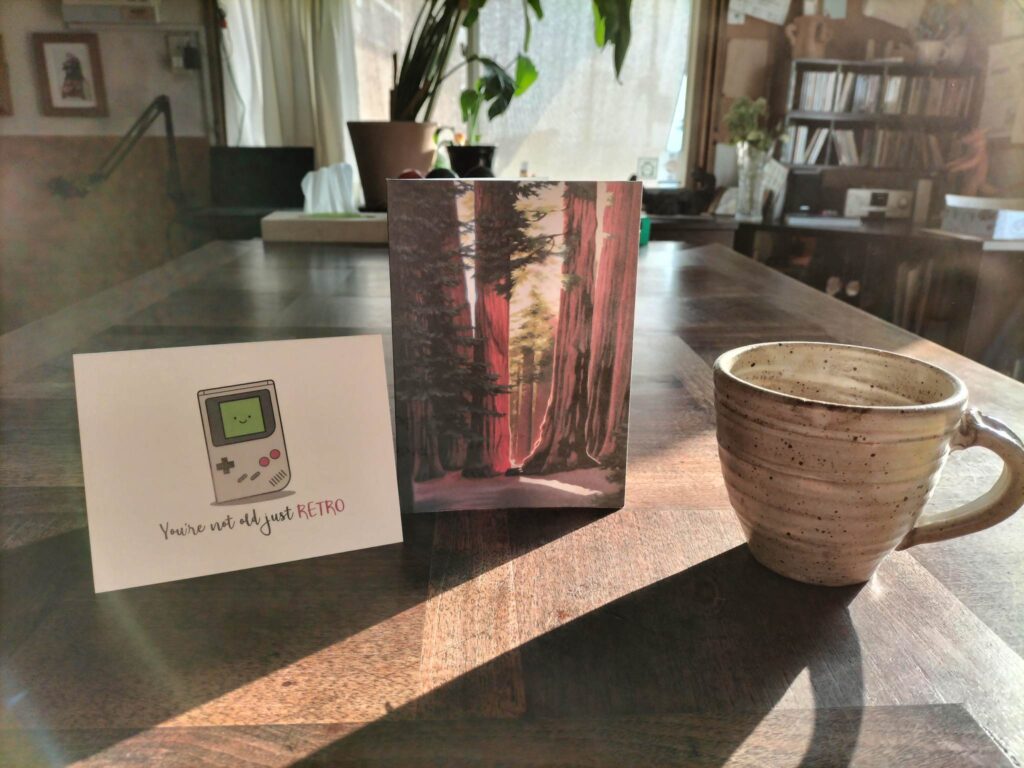Five Beautiful Japanese Expressions (and how to say them in English)

How do you say (…) in English?
As an English conversation school teacher I am asked this question every day and I always do my best to give a satisfactory answer. However, it is not always as simple as it might seem. A dictionary can help with a single word, but often gives several options. How to choose the best one? What about translating a sentence? How about a colloquialism? Dictionary translation has it’s limits. There are several excellent online translation sites (we like to use DeepL) but they cannot fully explain correct usage, nor confirm to the student whether the translated sentence is in fact what they want to say.
English Conversation School Coaching
This is where we excel in our job as English coaches- helping students to find the correct English expression, teaching them how to use it, and giving them the chance to practice it in our classrooms. I have been teaching English in Japan since 2007, and there are some expressions which students ask me on a regular basis and which can be tricky to answer. These are wonderful Japanese expressions, which express beautiful sentiment, but simply have no direct English equivalent. Culture is also an integral part of understanding these expressions and their meaning, as well as subtext! Here are 5 expressions in Japanese which I love, and get asked about by my students regularly.
お疲れ様 (Otsukare Sama)
When punched in to DeepL we get “Thanks for your hard work” which is an excellent translation.
A literal translation would be “You look tired”, but this expression is neither polite nor formal in English! This is also an expression used from a subordinate to a senior member. The expression used by a senior to a subordinate is ご苦労様です (Gokurosamadesu). These words express several different feelings and thus there are several different ways to translate this expression, depending on the situation:
*Thanks for your hard work (used after a long day at work)
*Good job (used to express appreciation for a job well done)
*See you next week (used on a Friday after a long week = じゃーまたね!)
*That was a long day and I appreciate your hard work (Slightly more formal)
*Thanks for your help (used after someone does you a favour)
よろしくお願いします (Yoroshiku Onegaishimasu)
This expression is used in various situations to express your respect for another and to request their assistance in some capacity. Typically this is used at the beginning of an endeavour. Again, there are several ways to say this in English depending on the situation:
*Please help me (When requesting help)
*Thank you for your assistance (Advance appreciate of future help)
*Thank you for taking care of ~ (At the start of something new. In Japanese this is used to thank someone for their assistance with another person, such as your family member, team member, etc.)
*I look forward to working with you (At the start of a collaboration, new job, etc)
いただきます (Itadakimasu)
Used as the beginning of a meal. It literally means “I humbly receive this” and is used to convey appreciation to those who prepared the meal, from the farmer to the supermarket staff to the cook. How do you say “itadakimasu” in English? There are infinite ways. Every country has a different way, every religion has it’s own way. Families have their own traditions. In Japan, this is the norm for all people and I have always felt it expresses a simple, and beautiful sentiment. Here are a few examples of equivalent English expressions:
*Let’s Eat! (Super Casual)
*Bon Appetit! (French, Casual)
*Enjoy your meal. (Casual)
*Thank you lord, for this food we are about to receive. (Religious)

懐かしい (Natsukashi)
Used to express a feeling of going back in time. There are really only 2 options in English, but they are subtly different and hard for students to understand.
*Reminiscent (Used for personal memories, feeling of a past experience)
*Nostalgic (Used for cultural and historical items, which you yourself may not have personally experienced)
*Retro is another similar word which refers to something being cool because it’s old!
和 (Wa)
This is an important character in Japan. It is a simple character with a single sound, but incredible importance and beauty. The character, directly translated, means “harmony” but it has much deeper meaning. I like to translate it as “social harmony” and I believe it is one of the guiding principles of Japanese society and the Japanese national character. It represents the desire for peace among people, happiness within society and a wish to never cause a ripple in the fabric of harmonious daily life. We all live together and it is much more pleasant if we all work towards living together in harmony. For more about “Wa” please read All About Wa by Michael Lambe.

Intercultural Communication and Understanding
For students of English, I hope this helps with your studies and understanding of how to express these Japanese emotions in English. For non-Japanese readers, I hope you can gain some insight into Japanese culture and the language and it’s elegant and polite undertones. Not that you have finished reading I can say “Otsukare” (Good job!) and also “Otsukare” (Thanks for reading).
Edward Iwaskow
Smith’s School of English Otsu
I enjoyed learning something new here, Edward. Thank you!
It’s so interesting topic!
When I start a basketball game, I say “good game” to the players and coaches meaning “よろしくお願いします”.
Awesome blog Ed. I really like the fact that ‘よろしくお願いします’ could be used as both appreciative and inviting.